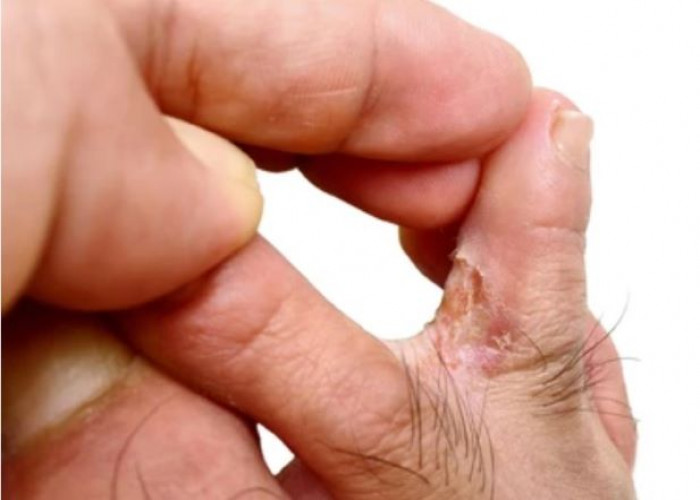 Welcome
Welcome
“May all be happy, may all be healed, may all be at peace and may no one ever suffer."
Athlete's foot

An athlete's foot, also known as tinea pedis, is a fungal infection that affects the skin on the feet. It is a common condition that occurs when the fungus that normally lives on the skin grows excessively, leading to redness, itching, and scaling of the skin between the toes.
Athletes' foot is often caused by wearing tight or poorly ventilated shoes, walking barefoot in damp public areas (such as locker rooms or swimming pools), and having moist feet for prolonged periods of time.
Common symptoms of athlete's foot include:
- Itching, burning and stinging between the toes
- Redness and scaling of the skin between the toes
- Blisters or cracks on the soles of the feet
Treatment for athlete's foot may include over-the-counter antifungal creams, powders, or sprays. In more severe cases, a prescription antifungal medication may be necessary. In addition, it's important to keep the feet clean and dry, and to wear shoes and socks that allow for good ventilation. Avoiding tight or synthetic shoes, and changing socks and shoes frequently can also help prevent the spread of athlete's foot.
If you have persistent symptoms of an athlete's foot or if the condition worsens, it's important to see a doctor for a proper diagnosis and treatment. With proper care, an athlete's foot can usually be treated effectively, and the symptoms can be relieved.
Research Papers
Disease Signs and Symptoms
- Cracked skin
- Itching
- Skin pain or burning sensation
- Watery blisters
- Swollen skin
Disease Causes
Athlete's foot
Athlete's foot is caused by the same type of fungi (dermatophytes) that cause ringworm and jock itch. Damp socks and shoes and warm, humid conditions favor the organisms' growth.
Athlete's foot is contagious and can spread through contact with an infected person or from contact with contaminated surfaces, such as towels, floors and shoes. You can also spread it from the foot to other parts of the body, especially if you scratch or pick the infected parts of your foot.
Disease Prevents
Athlete's foot
These tips can help you avoid athlete's foot or avoid spreading it to others:
- Let your feet air out. When you can, wear sandals to let your feet air out as much as possible.
- Wash your feet daily. Use warm, soapy water and rinse and dry your feet thoroughly, especially between the toes. Apply a medicated foot powder (Tinactin, Gold Bond, others) or other medicated powder (Lotrimin AF, Zeasorb, others) if you're prone to athlete's foot.
- Change socks regularly. Change your socks at least once a day — more often if your feet get really sweaty. Moisture-wicking socks, such as those made from cotton, help keep your feet drier than do nylon socks.
- Alternate pairs of shoes. Use different shoes from day to day. This gives your shoes time to dry after each use.
- Protect your feet in public places. Wear waterproof sandals or shoes around public pools, showers and lockers rooms.
- Be aware of the risk factors for spreading the condition. If you live with others, don't share shoes or unwashed bedding and towels.
Disease Treatments
If your athlete's foot doesn't respond to nonprescription products and self-care, you may need to see a doctor to get a prescription-strength cream or ointment, such as clotrimazole (Lotrisone), econazole (Ecoza, Spectazole) or ciclopirox (Loprox, Penlac). If you have a more serious infection, your doctor might prescribe antifungal pills, such as terbinafine (Lamisil) or itraconazole (Sporanox, Tolsura). Or you might need both topical and oral medicine.
Disease Diagnoses
Disease Allopathic Generics
Disease Ayurvedic Generics
Disease Homeopathic Generics
Disease yoga
Athlete's foot and Learn More about Diseases

Prostatitis

Heartburn (Acidity)
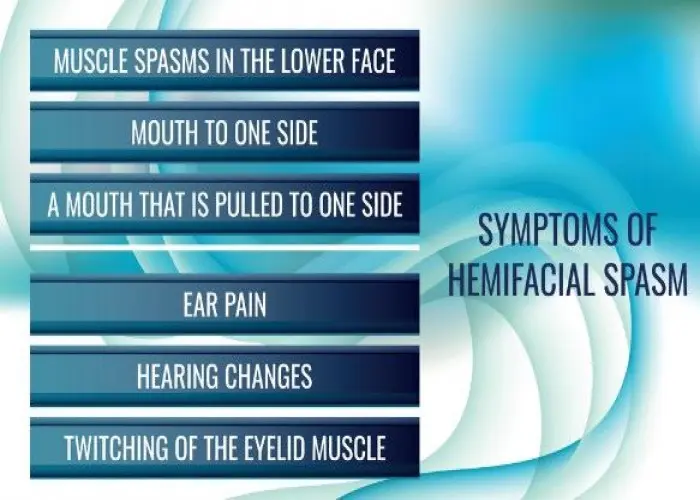
Hemifacial spasm
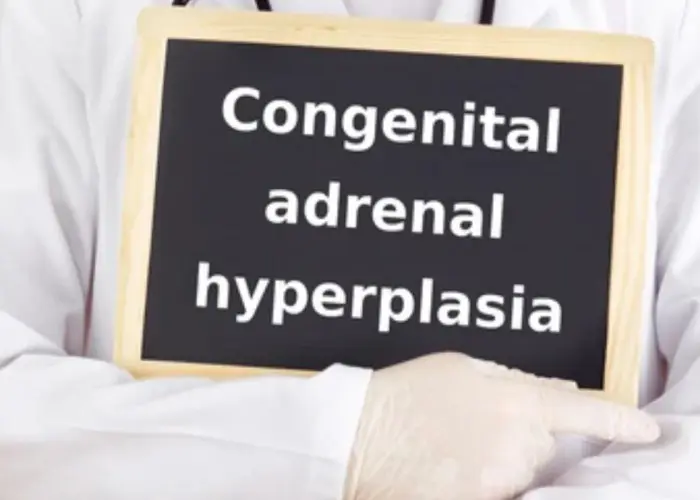
Congenital adrenal hyperplasia

Zollinger-Ellison syndrome
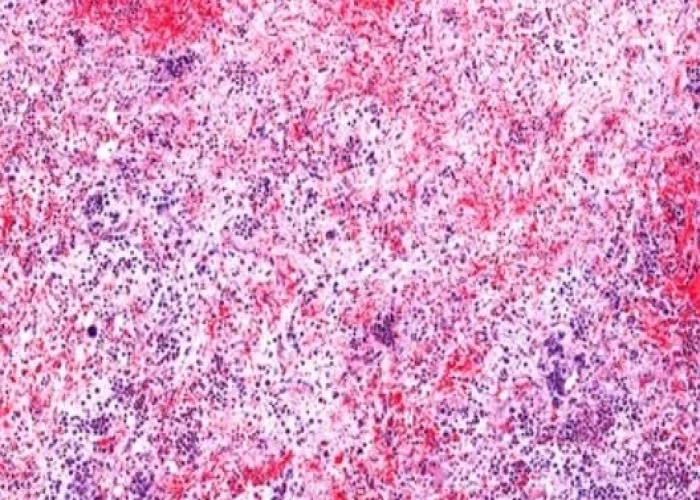
Myelofibrosis
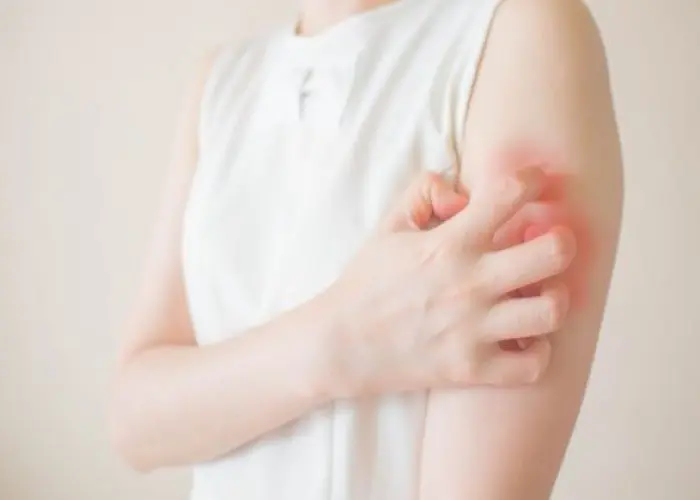
Food allergy

TEN
Athlete's foot, Tinea pedis, Tinea pedis treatment, ক্রীড়াবিদের পা
To be happy, beautiful, healthy, wealthy, hale and long-lived stay with DM3S.
